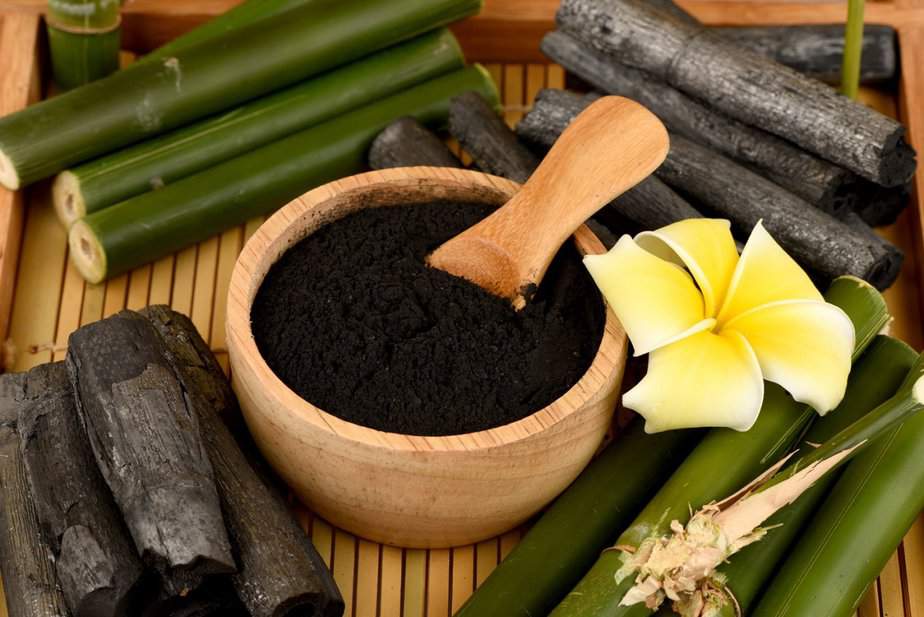Activated charcoal is not only prescribed by doctors as an absorbent for poisons and gas but is often part of face masks and detox drinks gaining popularity these days
You’ve heard the song from Mary Poppins: ‘A spoonful of sugar makes the medicine go down’. But how about taking a spoonful of activated charcoal as medicine? Well, it may not have the authorities’ stamp of approvate but it is being used as an effective way of flushing out toxins.
In the old days, charcoal was obtained by slow-burning logs of wood without allowing too much air into the chamber. The black logs were used as kitchen fuel and the sticks for drawing. For medicinal and cosmetic purposes, activated carbon is obtained by heating wood, peat (partially decayed vegetation), coconut shells or sawdust to very high temperatures.
Obviously, it is not a great-looking product but activated charcoal is these days quite a popular ingredient in detox drinks, juices, tablets, powder, face scrubs and beauty products. Celebrities like Gwyneth Paltrow are using it in lemonade! The black powder is also good for use as a natural deodoriser – in the gym, car and refrigerators.
Activated charcoal is also used for oral health – it helps remove stains from teeth, neutralises bad breath, promotes an alkaline oral environment.
That’s good, because an acidic environment causes demineralisation of the enamel and allows bacteria to grow. Older people will remember that using charcoal for polishing teeth was a traditional Indian practice that went out of style as more tasty gels and toothpastes were advertised. The old practice is coming back as tooth powder is again available in the market.
Dermatologist Dr Sonali Kohli, who is with Reliance Hospital, Mumbai, agrees that activated charcoal in cleansing products has an astringent action, especially useful in these days of pollution, but it is not ideal for dry skin. “It is important that you do not use products which will disturb the pH balance of your skin. So I don’t advise buying creams and face masks over the counter. They will be prescribed by doctors if they suit your skin type.”
Medical science has not yet authenticated such uses of charcoal, in the sense that multinational drug firms have not carried out randomised trials on this product. But Dr Amit Bhasin, gastroenterology consultant with Dwarka’s Manipal Hospital, says this is not even necessary, as “Activated charcoal has a proven role in symptomatic relief for gastric problems.” He says it is available as an over-the-counter medicine as there is no doubt it acts as an absorbent for gas and poison, though it is not used in isolation but in conjunction with other medicines. However, drug MNCs have almost stopped using it due to availability of better ingredients.
Apart from what doctors say, there is much anecdotal evidence that in case of chronic kidney disease, charcoal can take on much of the work that the organ is supposed to do in filtering waste products. It can reduce cholesterol by binding bile acids in the gut, saving the body from absorbing them.
Some people have started using activated charcoal as a home remedy for filtering water, at least for removing heavy metal and fluoride content. This method cannot, however, remove bacteria or minerals. In the villages, people use it to treat acne and insect bites. In fact, village folk widely believe that charcoal can reduce the effects of snake venom and other poisons, particularly in circumstances where no doctor is available. The danger here is that if the substance travels into the lungs rather than the stomach, then it will cause more harm than good. Moreover, it might prevent absorption of other medicines, so it is not a good idea to self-prescribe it.
Dr Reshma is an advocate of wellness, prevention and holistic health. Instagram handle: dr.reshmakhattarbhagat





